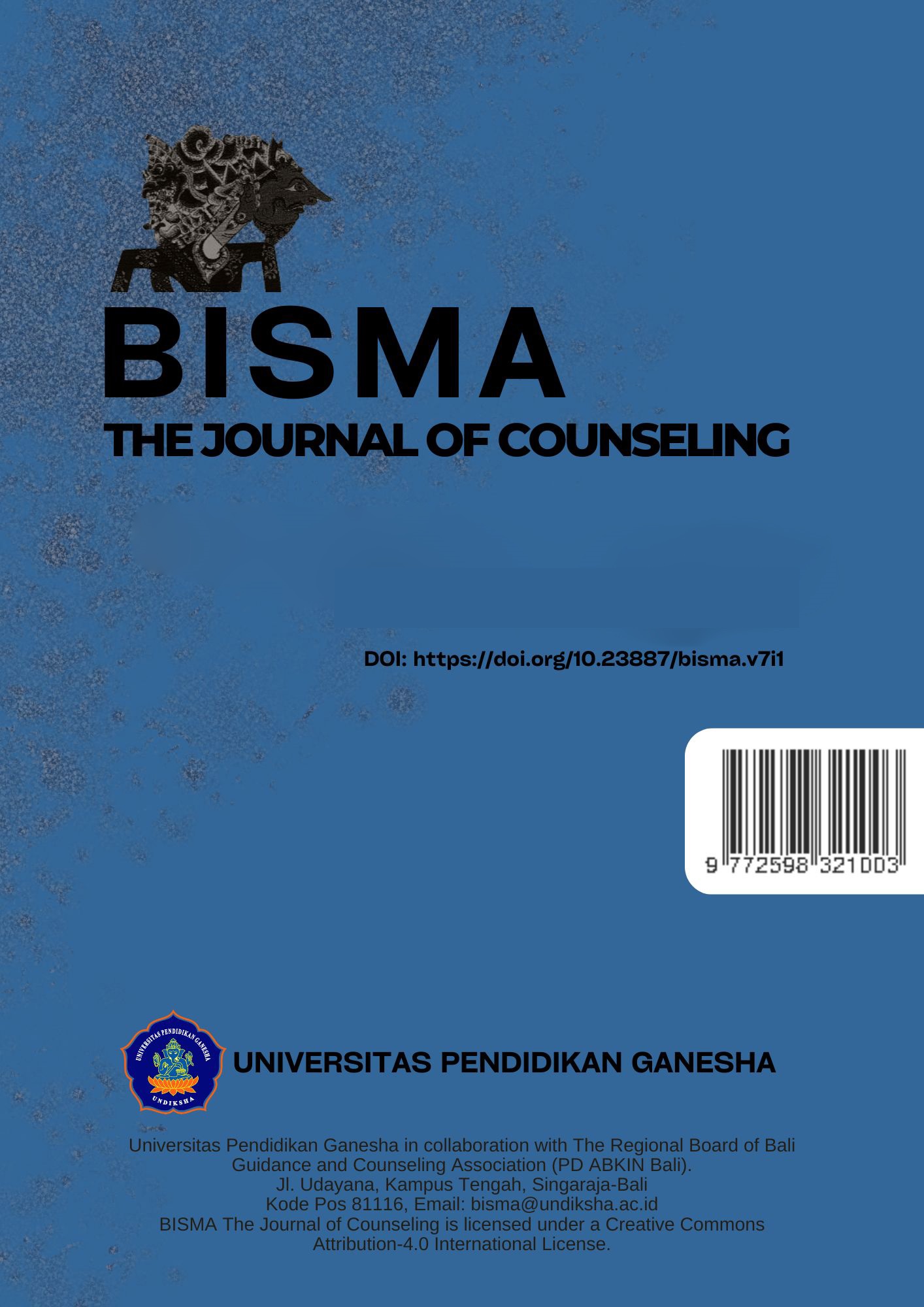Digital Dilemma among Teenagers: Trend of Fear of Missing out at Vocational High School Level
DOI:
https://doi.org/10.23887/bisma.v8i3.85602Keywords:
Digital Dilemma, Teenagers, Fear of Missing OutAbstract
This study focuses on the phenomenon of Fear of Missing Out (FoMO) among adolescents, particularly in vocational high schools (SMK), which refers to the anxiety caused by the fear of missing out on information or trending events. The problem addressed in this research is how the phenomenon of FoMO affects the psychological well-being of adolescents in SMK. The aim of this study is to analyze the level of FoMO among SMK students and provide recommendations for interventions that can reduce its negative impact. The research method used is a survey design involving 203 students as the sample. Data were collected through the distribution of a questionnaire containing 10 questions designed to measure the level of FoMO. Data analysis was conducted using descriptive statistics to determine the distribution of FoMO levels among respondents. The main findings of the study show that the majority of students (63%) fall into the moderate category of FoMO, while 25% of students are in the low category and 12% fall into the high category. These findings indicate that although most students show a moderate level of FoMO, special attention needs to be given to students with high FoMO levels to prevent negative psychological impacts. The conclusion of this study is that it is crucial for educators and school counselors to design interventions that can reduce the anxiety caused by FoMO.
Published
Issue
Section
License
Copyright (c) 2024 Awalya Siska Pratiwi, Arbin Janu Setiyowati, Elia Flurentin

This work is licensed under a Creative Commons Attribution 4.0 International License.








